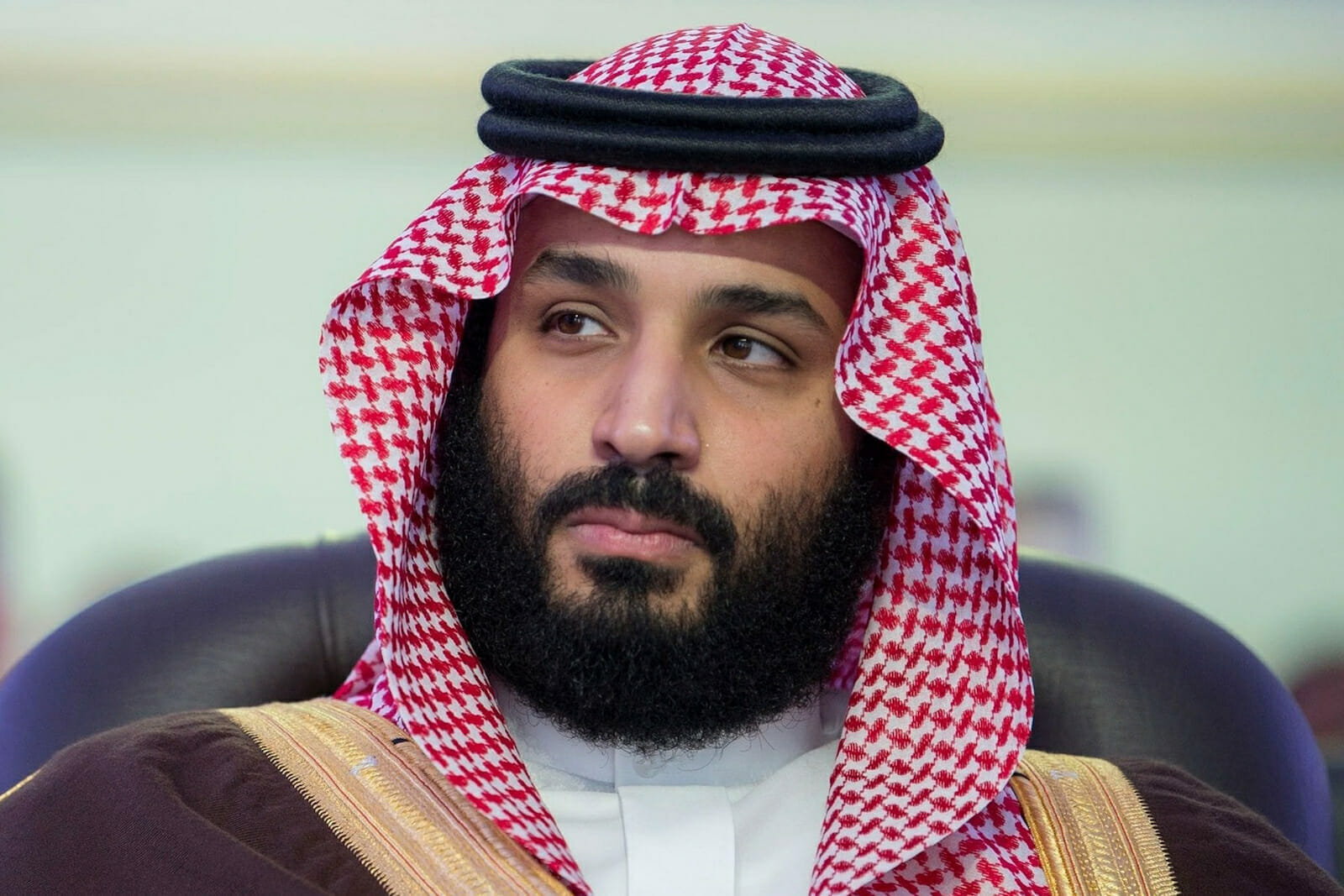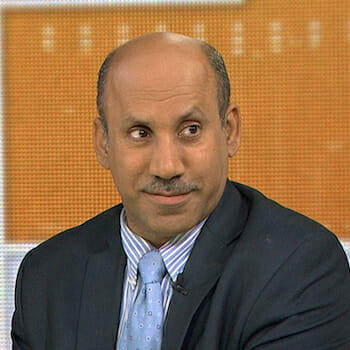
It’s Time for a New Direction with Saudi Arabia
“Made in California, USA.” These were the words engraved on the handcuffs around my wrists as I sat in the cement corridor at Mabahith prison. I was 14 years old. My youngest brother Kamil spent a day there and he has been back behind bars there many times. He is still there.
Those words shaped my teenage perceptions of the United States. America was helping the Saudi monarchy put me in jail. Eighteen months before and during the first uprising in Saudi history in the winter of 1979, American-made helicopters and most likely flown by American pilots hovered over our city and I played cat and mouse with them. They used their powerful spotlights to illuminate entire neighborhoods. The next day, two of my cousins lost their lives, shot dead by Saudi security forces. These memories will never escape me.
For decades now, America has helped its Arab allies crush their people’s aspirations for freedom and greater participation in political and economic power. The red scare was used until the Soviet Union collapsed, only to be replaced by another scare, this time Islamic extremism and terrorism.
Even before I was born, the United States helped dictators block the natural evolution of history where the people’s share of power becomes greater. That was clear in the American and British-backed coup that toppled Iran’s Mohammad Mosaddegh.
What would the world look like if Mosaddegh was never overthrown? What shape would the global landscape take if the U.S. never helped any of its favorite dictators oppress their people?
I think I would never have been arrested at such a young age. Many of my relatives would not have died, end up in prison, or be tortured at the hands of security forces. I would not have had to live in exile for the last thirty years, and I would not have missed my mother’s last remaining years.
My story is not unique to other countries in the Arab and Muslim world. The one-sided U.S. policy toward Arab countries has not changed much in the past 60 years. It should change and it will not be the end of the world.
In my home country of Saudi Arabia, America focused on a sole player, the Saudi ruling family, and not only ignored the rest of society but also aided the monarchy’s efforts to crush and silence opposition, including the secular and forward-looking. No matter what type of opposition it was, the Americans found a good reason to dismiss it. Once an American official told me that a woman’s rights activist was too confrontational and that King Abdullah was doing a great job with reforms.
For decades, the U.S. enjoyed unfettered access to the Saudi kingdom’s power centers, and never thought to use it to empower Saudis. The U.S. did not use its vast influence over Saudi leaders to advance human rights or end wealth inequity. A great example of this happened 30 years ago this month after American forces liberated Kuwait in February of 1991. At that moment, the U.S. was at the peak of its influence on Kuwait’s rulers, the Al Sabah clan, which it reinstated to power. At that time, Kuwaiti women were not allowed to vote or run for elections. The Bush administration at the time did not even think for a second to ask the Al Sabah ruling family to allow women to vote. It was just a matter of asking and nothing more, but they did not. If they did, the answer would have undoubtedly been yes.
Now that the Biden administration is rethinking its Saudi policy, it is finding that Saudi strongman Mohammed bin Salman has all but eliminated American access to the Saudi state except through him. MbS has grabbed all centers of power in his hands. This is a direct result of empowering a dictator who then usurps all the power for himself. Dictators are jealous creatures, and they do not like to share, not even with those who brought them to power.
It is time that the U.S. normalizes its policy with Saudi Arabia. The U.S. needs a policy that actually includes Saudis of all stripes in its plans, not just members of the royal family. When the U.S. supported the Shah against the Iranian people, it lost Iran, maybe forever. But when it ended its unwavering support for the apartheid regime in South Africa, the sky did not fall, and America still has an ally in South Africa.
MbS is not the only choice for Saudi Arabia. Neither is the Saudi ruling clan. Even if the House of Saud were to disappear tomorrow, that land of Arabia and its people would go on, and they might be better off without those U.S.-made handcuffs that have shackled them for decades. And then, America would also be no longer guilty of supporting oppressors.
